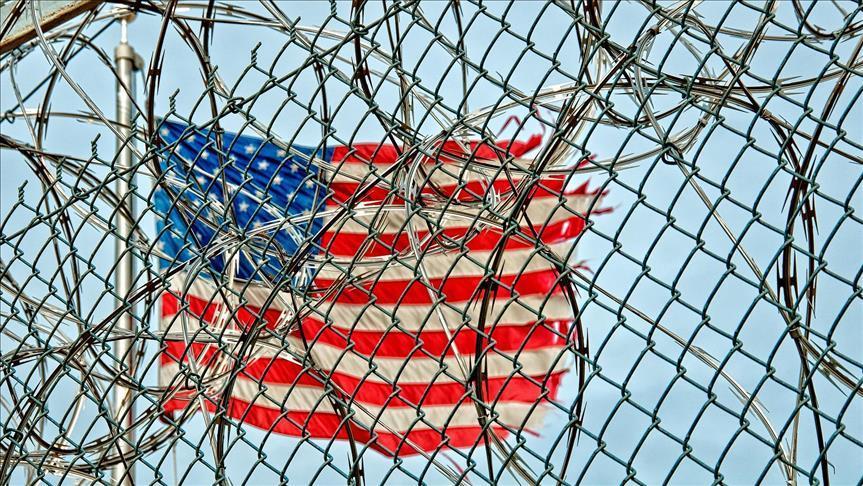
By Umar Farooq
WASHINGTON
Authorities are using voice-recognition technology to digitize inmates' voices and are building databases of prisoners' biometric voice signatures across the U.S., according to a report by The Intercept.
The news site found correction officials from the states of New York, Texas, Florida, Arkansas and Arizona, confirmed they are using voice-recognition technology to catalog inmates' unique biometric signatures, known as voice prints.
To enroll the inmates they are sometimes given a choice: participate in the program or lose phone access, which sometimes can be an inmate's only access to the outside world.
Some prisons enroll inmates without their knowledge.
While authorities and the companies building the technologies advocate they allow for better prison security as well as prevent fraud, some argue the technology and voice print databases can be used by other technologies without the public's knowledge.
"Once the data exists, and it becomes an accepted part of what’s happening, it’s very hard to protect it or limit its use in the future," Jerome Greco, a digital forensics attorney at New York’s Legal Aid Society, told the news site.
One of the prison technology firms that made the technology, Seracus, allows authorities to identify prisoners’ voices on prison calls, and find past prison phone calls using the same voice prints.
The program, however, "can also identify the voices of people outside prisons, both former prisoners and those who have never been incarcerated but communicate with people inside."
So far, The Intercept reports prisoner biometric databases hold more than 200,000 voice prints.
In New York’s Department of Corrections, which incarcerates just under 50,000 inmates, roughly 92 percent of inmates have been enrolled in the system.
"The databases of recorded calls from which prison authorities could search for outsiders’ voice samples could also potentially include millions of recorded calls for state and countywide systems," the news site said.
"That has implications far beyond prisons," Martin Garcia, a 33-year-old incarcerated in New York, told The Intercept.
"First you use this on the people marginalized in society, criminalizing the families of those incarcerated," he said. "But, especially in [U.S. President Donald] Trump’s America, the sky is the limit with this.
Anadolu Agency website contains only a portion of the news stories offered to subscribers in the AA News Broadcasting System (HAS), and in summarized form. Please contact us for subscription options.



